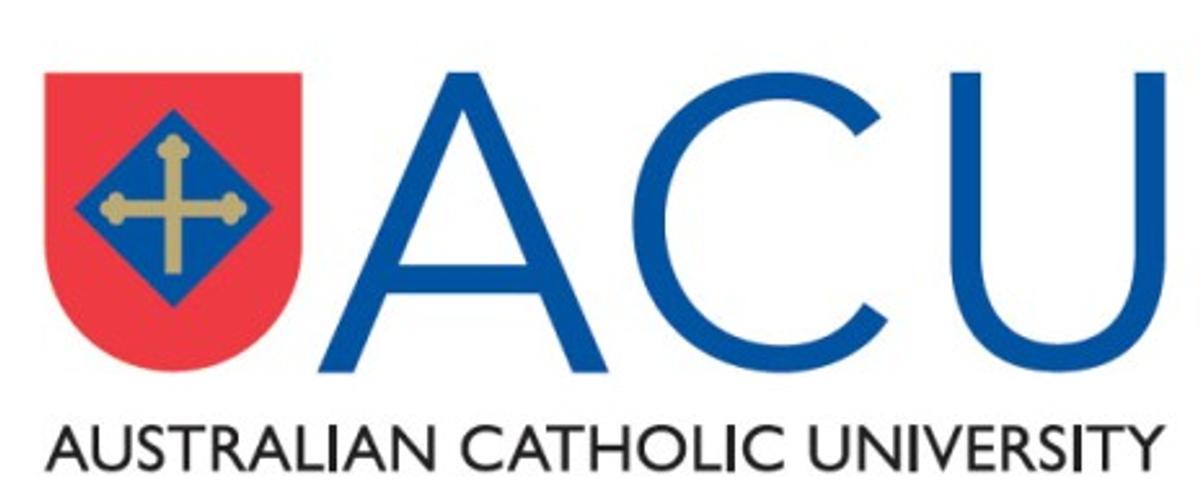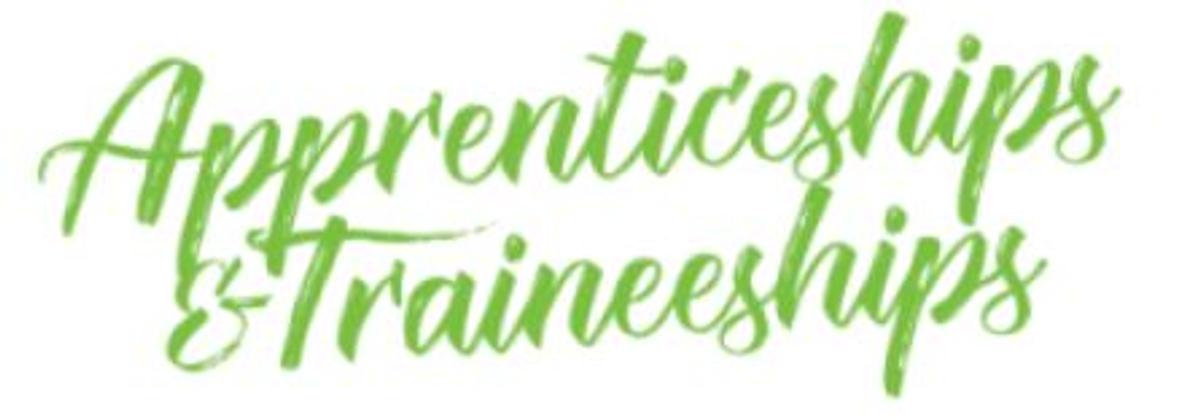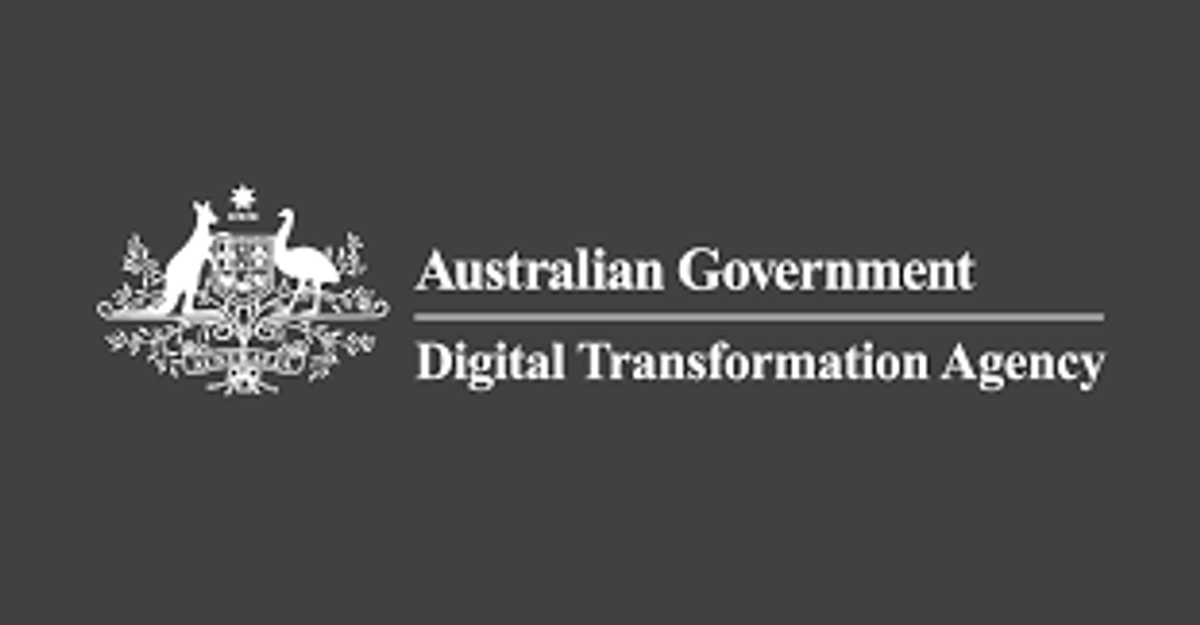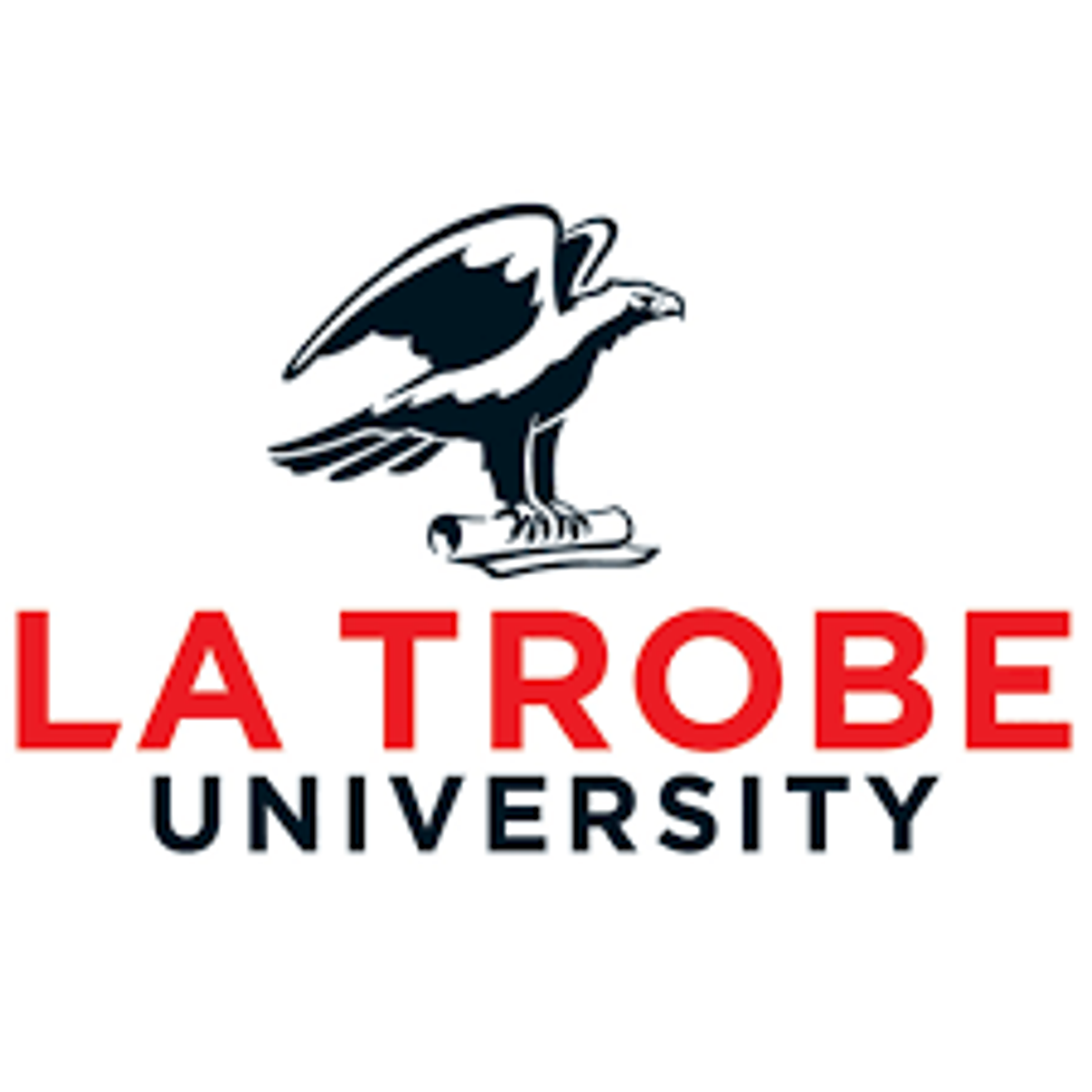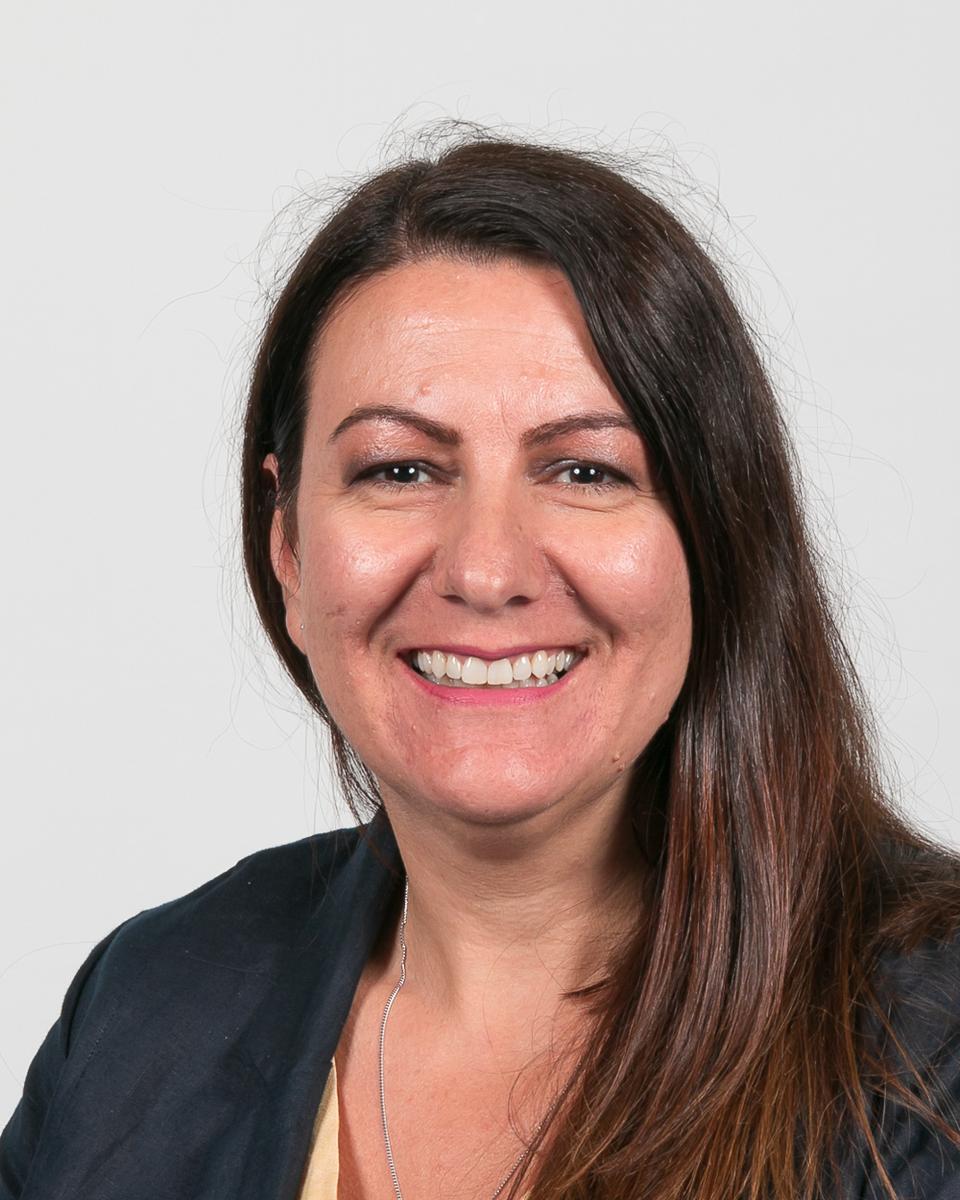Careers and Pathways

REMINDER: Entry to Medicine in 2021
The organisers of UCAT have announced a final registration opportunity. Students who missed out on registering in time have from 22 May until 1 June 2020 to register. There will be a $75 late fee applied to this late booking period and will be non-refundable.
Register at UCAT (University Clinical Aptitude Test).
REMINDER: ADF GAP Year 2021
Students are reminded that applications for the 2021 ADF Gap Year program close soon. Gap Year opportunities are available in the Navy, Army and Air Force and the closing dates for the various roles do differ, so please check the closing dates at
CASper Test 2020-2021 Admissions Cycle
The CASper test is a way for some universities to test the personal and professional characteristics of applicants.
In other words, before you’re accepted on to the course, in addition to your academic qualities, they want to know that you’re a suitable candidate for the intended profession.
Detailed information about the CASper Test
There are a few ways you can find out more information about the CASper Test like:
- Do you need to take it?
- How much will it cost?
- When and how to register
- What you’ll need in order to sit the test
- Dates for the testing
- How to prepare
- What the test will look like
You could watch the 40-minute webinar for Australian Applicants for the 2020-2021 cycle. Made by CASper the information has been updated to include changes for this year and as a result of COVID-19.
Webinar topics include:
– Research and Evidence behind the CASPer test– Logistics and what to expect: How to register and reserve your test– How to prepare for CASPer– How CASPer is rated and distributed– Do’s and Don’ts on test day– How to complete your CASPer test successfully
You could spend some time reading the resources and FAQ pages on the CASper website too.
Who needs to do some further research and / or register for a CASper Test in 2020?
If you’re considering applying for an undergraduate (or postgraduate) teaching degree in 2021 at any of the following universities, then you’ll have to take the test.
Australian Catholic University
If you’re applying to study undergraduate Veterinary Sciences at the University of Queensland, then you’ll also have to sit the CASper test.
And in addition, the University of Wollongong makes the CASper Test a prerequisite for applicants for post graduate medicine courses.
Registering for CASper Testing
The latest that you can register for your test is three days before your preferred test date. Your identity needs to be verified and your payment processed. But CASper do not recommend last-minute bookings, so you need to ensure that if a course you are interested in for 2021 lists CASper as a requirement for selection, then you must ensure that you complete the testing by November this year.
Important information about the CASper Test
You can only take the test once in each cycle (once a year), and your results are only valid for one application cycle.
To register for the test, you’ll need to provide:
- Government issued and current ID
- A valid email address
CASper testing is administered online in Australia, so you must have a computer with a working webcam.
More information
Refer to the VTAC flyer on CASper: http://www.vtac.edu.au/files/pdf/publications/casper_2019.pdf
Refer to the CASper website: https://takecasper.com/
Swinburne Midyear Web Sessions
Swinburne is hosting a series of Midyear Web Sessions - four free online panel discussions addressing the issues important to students (in lieu of being able to actually go on campus). Swinburne experts will speak on everything from what recession-proof careers look like, to how to afford university right now. Sign up for one or more by browsing the register here links provided.
| What is a Recession-Proof Career? | Monday 15 June, 4.00pm – 4.45pm | Register here |
| Tech & Pandemics: A Review | Tuesday 16 June, 4.00pm – 4.45pm | Register here |
| Redesigning Melbourne | Wednesday 17 June, 4.00pm – 4.45pm | Register here |
| Help with Fees | Thursday 18 June, 4.00pm – 4.45pm | Register here |
What does a Radiation Therapist do?
The Good Universities Guide states that Radiation Therapists design, and administer radiation treatment to cancer patients, and provide related care to patients in conjunction with radiation oncologists or other medical specialists. The Health Times website indicates that a Radiation Therapist is also responsible for collecting relevant patient information and using this information to plan a patient’s treatment. A radiation therapist will work under the guidance of a Radiation Oncologist, in a team of health professionals who care for and treat cancer patients. Radiation therapists are responsible for supporting the patient throughout their treatment. They must have compassion and strong interpersonal skills. Part of their role is to listen to the emotional concerns and anxieties of the patient and refer them appropriately if needed. The radiation therapist will also assess the patient’s reaction to treatment, providing advice on the side effects of treatment and methods of alleviating these. Radiation therapists often develop close relationships with their patients, as they usually see them five days per week for between three and seven weeks.
To become a Radiation Therapist, students have to study radiation therapy at university. Studies in Radiation Therapy in Victoria are offered by Monash University and RMIT University, and Radiation Science units are offered in the Medical Imaging degree offered by Deakin University.
News from Australian Catholic University (ACU)
- ‘Ask an ACU Student’ Webinar
Find out what life’s really like at university. Tune in to hear a panel of current ACU students share their experiences. They will discuss everything from timetabling, to life/study balance, social events, sports and how they get the most out of every day. There will also be time to ask the panel your questions about life at university.
The webinar will take place on Tuesday 16 June at 5.00pm. Register at Ask an ACU Student Webinar
- Revised Education Courses from 2021
ACU has revised its education courses from 2021 and a summary of these courses can be found below.
Bachelor of Education (Primary and Special Education)
Prepares students to be a primary teacher and one who is a specialist in special education, so they can nurture the development of those with a disability or learning and behavioural difficulties.
Bachelor of Education (Primary and Secondary)
As both a primary and secondary teacher a graduate will be able to inspire, nurture and develop expertise in young people. Students will be become qualified to teach across the schooling year levels from primary to Year 12. This course provides the flexibility of multiple career options, and students will develop knowledge and skills in primary curriculum and one specialist secondary teaching area.
Bachelor of Education (Secondary)
Graduate with be specialised in two teaching areas and have the confidence, skills, and practical experience to teach across all stages of secondary school. These teaching areas enable the development of deep knowledge and highly effective classroom teaching. Studies may also be extended by pairing this course with other degrees allowing students to graduate with diverse career options.
Bachelor of Education (Secondary and Special Education)
By studying the Bachelor of Education (Secondary and Special Education) students will be able to develop the skills to become a special education teacher and address the diverse academic and developmental needs of young people. Students will gain discipline expertise to teach across the stages of secondary school and in an inclusive education setting.
Difference between an Apprenticeship and Traineeship?
What’s the Difference between an Apprenticeship and Traineeship? Which one should a student apply for?
Both apprenticeships and traineeships offer a structured pathway into a career of choice. However, there are three key differences – range of occupations, completion time and legal requirements.
The Three Key Differences
As indicated above, there are three key differences between apprenticeships and traineeships. Each of these should be carefully considered when deciding which is the right option.
Range of Occupations
While traineeships are available on a broad range of occupations, apprenticeships are offered on skilled trades only. For example, you can complete a traineeship in a diverse set of fields including:
- Business (e.g. business administration, marketing, accounting)
- Technology (e.g. information technology, telecommunications, digital media)
- Trades (e.g. plant operator, warehouse operation, hairdressing).
Apprenticeships are also offered across a broad range of industries, including:
- Building and construction (e.g. carpentry, bricklaying)
- Electrical (e.g. electrician, electrical fitter)
- Engineering fabrication (i.e. boiler maker/ welder)
- Engineering manufacturing (i.e. fitter and turner)
- Horticulture (e.g. parks and gardens)
- Plumbing (e.g. plumbing and gas fitting or drainage).
Completion Time
Apprenticeships are a full-time commitment and are awarded after a fixed period of time. For example, an Electrical Apprenticeship will generally take four years, however this can be shortened by up to 6 months, depending on circumstances.
Traineeships can be full-time or part-time. Because traineeships are competency-based, completion is dependent on achieving and demonstrating a level of competency in all the required modules. In general, a traineeship is usually completed within one to two years, but it may take more or less time depending on the role, employee and number of hours worked. On the other hand, apprenticeships are awarded after a set timeframe, which for most trades, is four years.
Legal Requirements
When a student signs up for an apprenticeship, the level of commitment made by both themselves and their employer is different to a traineeship. As an apprentice, upon signing the contract, their employer is committing to employ the student for the full term of their apprenticeship – and if they sell the business while the apprentice is working towards completion, the new owner must continue with the training contract. After the probationary period is up (usually 90 days) the contract can be cancelled, but all parties (apprentice and employer) must agree.
As a trainee, the employer must keep the trainee on for the term of their traineeship, however, either party can cancel the contract before it’s complete (mutual agreement is not needed). In addition, if the business is sold, the new owners are not obliged to continue your employment.
Understand the Differences Before You Commit
Both apprenticeships and traineeships provide a fantastic way to learn on the job – and as an added bonus, one gets paid for it too! So, when weighing up the two, it is important to consider the field one wishes to pursue, how long they are ready to commit to it, and what the legal implications are.
Find out more at NECA Education - Apprenticeships and Traineeships
Australian Government Digital Apprenticeship Program
The Digital Apprenticeship Program is for Australian citizens who are passionate about digital technology.
You don’t need a degree or any prior study for the program. You just need to be interested in digital tech and solving problems. So if you’re looking for a career change or finishing year 12, this program is for you.
If you enjoy pulling apart or building PCs, setting up home networks, building apps, finding trends in data or simply problem solving and making things simple, then you should consider applying.
Positions are available across the Australian Public Service in locations around the country.
Applications for the program are open now and close on Monday 29 June.
Find out more and apply here: https://www.dta.gov.au/help-and-advice/learning-and-development/start-your-digital-career-government/digital-apprenticeship-program
Snapshot of La Trobe University in 2020
- La Trobe is just over 50 years old having enrolled its first students in 1967
- La Trobe University has been ranked in the world’s top 1.1 per cent of the world’s universities in the Times Higher Education Universities Rankings, and is one of the world’s best young universities
- La Trobe University is now ranked at 291 in the world according to the respected Times Higher Education World University rankings 2020 - Rankings & Ratings
- La Trobe has more than 36 000 students and over 3 000 staff, with many courses on offer including more than 20 double degrees
- La Trobe has a number of campuses with 17 residential facilities
- Over 55% of students who study at the Bendigo campus come from outside of Bendigo - La Trobe - Bendigo with over 500 students living on campus - La Trobe Bendigo Accommodation
- La Trobe offers many scholarships including access and equity scholarships, as well as academic merit scholarships
- Student Exchange opportunities are extensive at La Trobe
- La Trobe ensures that there are opportunities for students to develop skills beyond the knowledge they are gaining at university through work experience, volunteering, and student exchange opportunities, etc. The excellent Accelerator Program provides mentoring, workshops, legal and grant application assistance, financial assistance, and co-working spaces for entrepreneurial students who hope to start a business
- The Career Ready Advantage program - embedded across every degree – is designed for students to help them actively prepare for life beyond La Trobe by developing employability skills
- La Trobe has two colleges: Arts, Social Sciences and Commerce (ASSC) and Science, Health and Engineering (SHE) - La Trobe Colleges
- The College of Arts Social Sciences and Commerce (ASSC) is made up of 4 schools and 12 departments, and offers a range of specialised study options across all of La Trobe's campuses - La Trobe ASSC Schools & Departments
- The College of Science, Health and Engineering (SHE) contains nine schools and offers a range of general and specialist undergraduate and postgraduate courses across La Trobe's multi-campus operations - La Trobe SHE Schools & Departments
- La Trobe’s Student Excellence Academy provides life changing support and enrichment opportunities that expand current study and employment advantages to students
- La Trobe also offers an Early Admissions program called Aspire. This program is designed to acknowledge secondary students who work hard to make positive changes in their schools and communities through volunteering. The Aspire Early Admissions Program acknowledges a student’s volunteering efforts when they apply. As a successful applicant, students receive an offer into their course in September before they receive their ATAR - Aspire Early Admissions Program and are eligible for one of 40 Aspire Scholarships
- This year, La Trobe introduced a number of new courses in archaeology, business analytics, innovation and technology, languages and linguistics, sports analytics, as well as a restructure of some courses offered in Allied Health
Business Development Manager
What do Business Development Managers (BDM) do?
Business Development Managers (BDM) are responsible for researching new leads, creating contacts and building strong relationships with both existing and potential new clients. They’ll arrange appointments for sales executives to swoop in and make a sale based on the foundations laid by the efforts of the BDM.
If you are goal oriented and self-motivated, great at making connections, with a desire to work flexibly or remotely, then this role could be great for you.
About you:
- Tip top communication skills; able to pass on information clearly and concisely to colleagues and clients alike
- Strong technical skills including: Word, Excel, PowerPoint and analysis software (as a minimum), with the ability to understand products and solutions in-depth.
- Organised, efficient and focused.
The job:
- Research and understand target audiences, consumer requirements, identify new leads
- Build and maintain strong relationships with clients.
- Brainstorm with design and sales teams. Be the go-between to drive customer focused products and services, then promote them
- Constantly update your knowledge about the market, industry developments, competitors and new clients on the scene.
Business Development Manager (BDM) salary (average) *$136,000 per year
(Source: payscale.com ) *This figure includes a basic salary of $55,000 plus bonus, profit sharing and commission.
Job growth as a Business Development Manager is stable (source: Joboutlook.gov.au)
To be competitive in this role, it would pay to obtain a relevant qualification and get 3-5 years of experience in sales and marketing. Plus you’ll need to be prepared to work remotely from home and travel if necessary.
How to become a Business Development Manager in Australia
You could become a Business Development Manager within a few years of leaving high school if you are extremely driven. More commonly, it takes on average 6-8 years to become a successful BDM.
Formal qualifications are highly desirable in this career. According to the 2016 ABS Census, 60% of BDM Managers had a Bachelor’s degree or Post Graduate qualification.
Step 1 – Study English, Maths and computer skills at school
Step 2 – Gain relevant work experience in sales and customer service-based roles
Step 3 – Complete a qualification in business, economics, finance, marketing or a related field.
Bachelor of Business at Swinburne
Bachelor of Business (Economics) at Monash
Bachelor of Commerce at Deakin
Bachelor of Business (Marketing) at RMIT
You could also consider VET qualifications, particularly those with traineeships that could help provide you with more experience and industry knowledge.
Certificate IV Business Sales + Traineeship
Step 4 – Work on key skills such as public relations, marketing, research, presentation, confidence, persuasion and sales planning.
Step 5 – Find an industry that interests you, get a few years of experience under your belt in sales or other departments. Keep learning, then apply for BDM roles. If possible, find a mentor and remember to network.
Find out more here:
Home – Career Development Association of Australia (CDAA)
Australian Marketing Institute
Similar Careers to Business Development Manager
- Sales Executive
- B2B Corporate Sales
- Retail Store Manager
- Operations Manager
- Project Manager
- Marketing Manager
- Office Manager
Mrs Vivian Seremetis
Careers Coordinator






